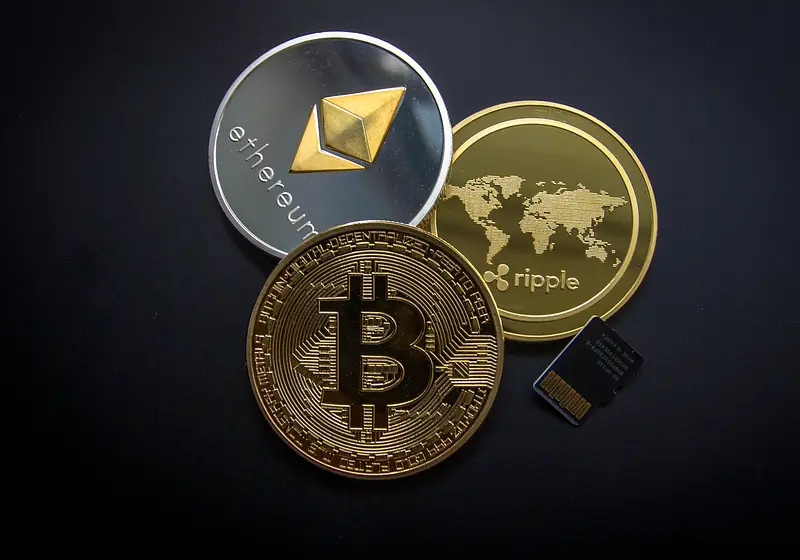It's not surprising to hear about cryptocurrency, especially since digital assets have been rising in popularity over the past few years. You may have even heard of some popular assets like BitCoin or Ethereum. Recently, however, the spotlight has been on NFTs, also known as non-fungible tokens.
Some celebrities have even been buying and creating their own NFTs. But what exactly is an NFT, and how does it work? What are some environmental consequences of NFTs?
Let us slide into your dms 🥰
Get notified of top trending articles like this one every week! (we won't spam you)What is A Non-Fungible Token?
A non-fungible token is a non-interchangeable asset on a blockchain that is completely unique, which is why NFTs cannot be copied and substituted, hence "non-fungible". You may have seen some popular artwork NFTs, such as the Bored Ape Yacht Club, but that doesn't mean NFTS are limited to digital art. They can be virtually anything, like in-game items, signatures, or tweets. Yes, "tweets" as on Twitter.
It's important to point out NFTs allow creators to pick scarcity. It's probably one of the most important reasons why NFTs are becoming so popular. Creators have a lot of control over their NFTs and can easily track them. Additionally, creators can also gain royalties– a percentage of the sale price every time an NFT is sold.
© Yuga Labs

Take the Quiz: Which Generation Matches Your Personality?
Discover the generation you truly belong to!
How do NFTs Work?
NFTs are produced by smart contracts, self-executing blockchain programs where the terms and conditions are written in the code, that will assign ownership of an NFT. These blockchains have one-of-a-kind identifiers, which allow owners to prove ownership and make NFTs non-exchangeable.
But what are blockchains? Blockchains are simply digital ledgers that record transactions and are maintained by several linked computers. A blockchain's information cannot be altered, which makes it useful for storing information and ensuring that information remains accurate and safe. They're effective ways to stockpile information within businesses.
© CryptoKitties
Benefits of NFTs
Some argue that the benefits of NFTs outweigh the negative consequences associated with them. NFTs allow for more security and protection during transactions because they're immutable, meaning that it's impossible to alter them. The blockchain ensures that all information is recorded and allows for the asset to easily move around globally.
Furthermore, NFTs are decentralized and creators aren't tied or obligated to any platform. NFTs also ensure that creators consistently receive royalties.
Environmental Impact of NFTs
NFTs, however, have been scrutinized and surrounded by controversy due to their damaging environmental effects. Cryptocurrency has faced backlash because of the amount of carbon footprint they contribute and how much energy they consume. How exactly does this work, though?
Well, it begins with crypto mining, a process in which "miners" will "mine" cryptocurrency using machines to solve complicated problems for rewards. These machines use an incredible amount of energy, hence the carbon footprint. So, while NFTs do not directly impact the environment, they will inevitably contribute somewhat to the number of carbon emissions due to the mining process.
Final Thoughts
So, what are your thoughts on NFTs? Personally, I'm not too fond of NFTs and couldn't ever see myself buying one. Is this new currency really worth the publicity?
Do you think the benefits outweigh the negative effects of NFTs? Only time will tell.













